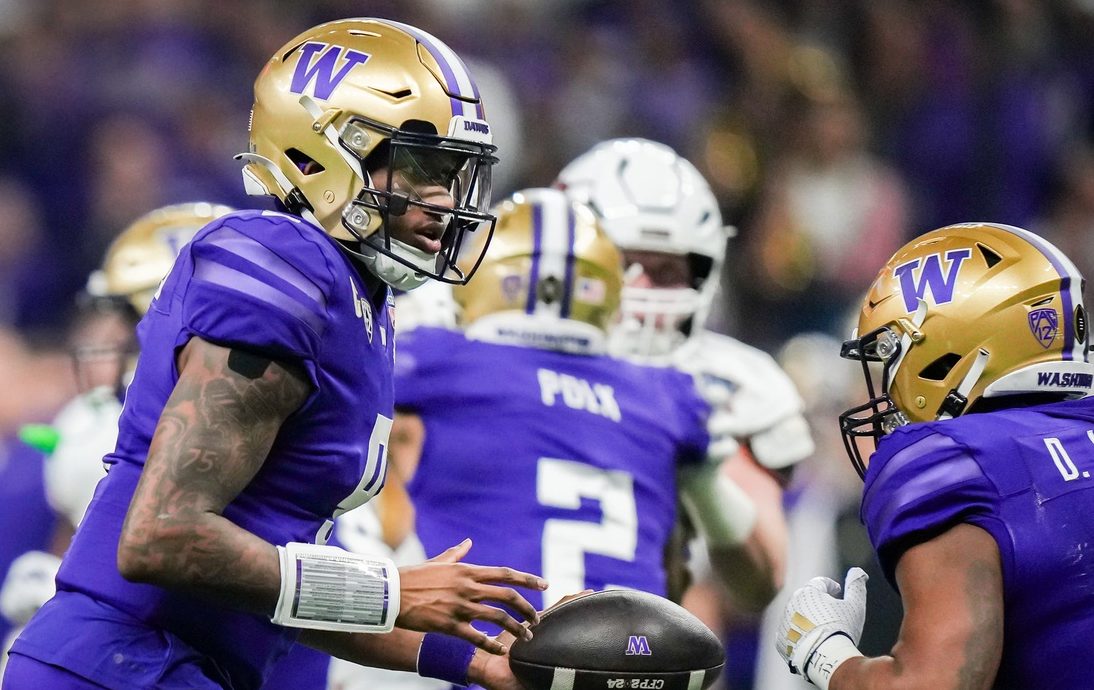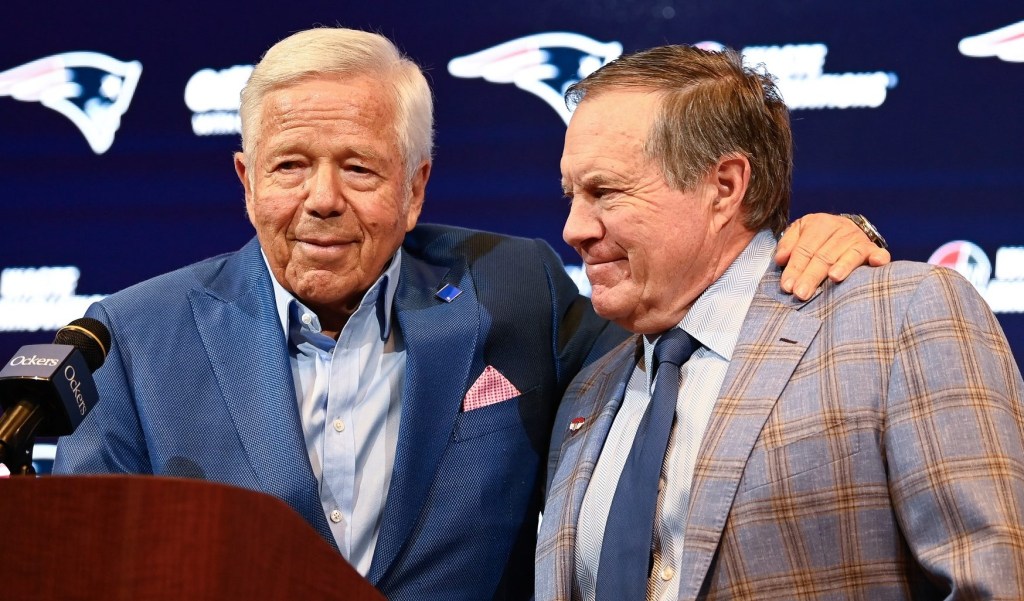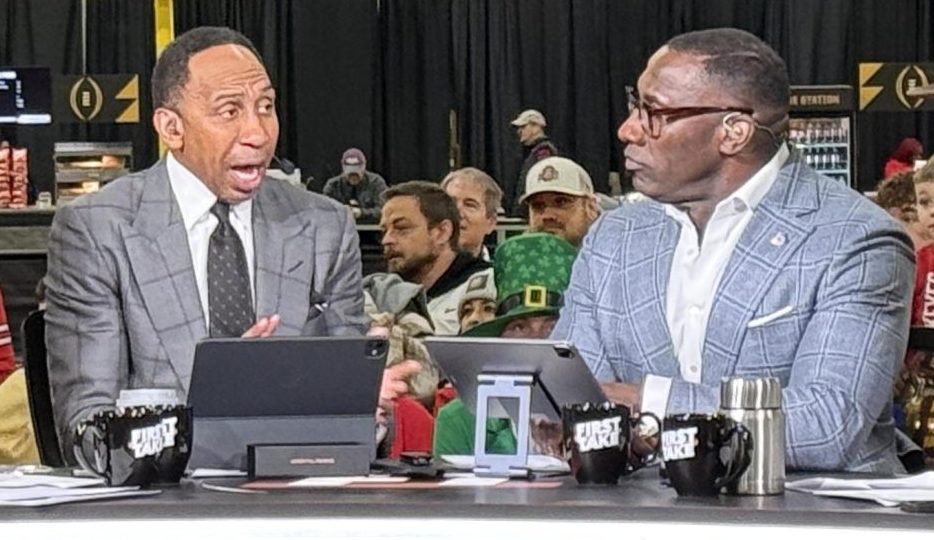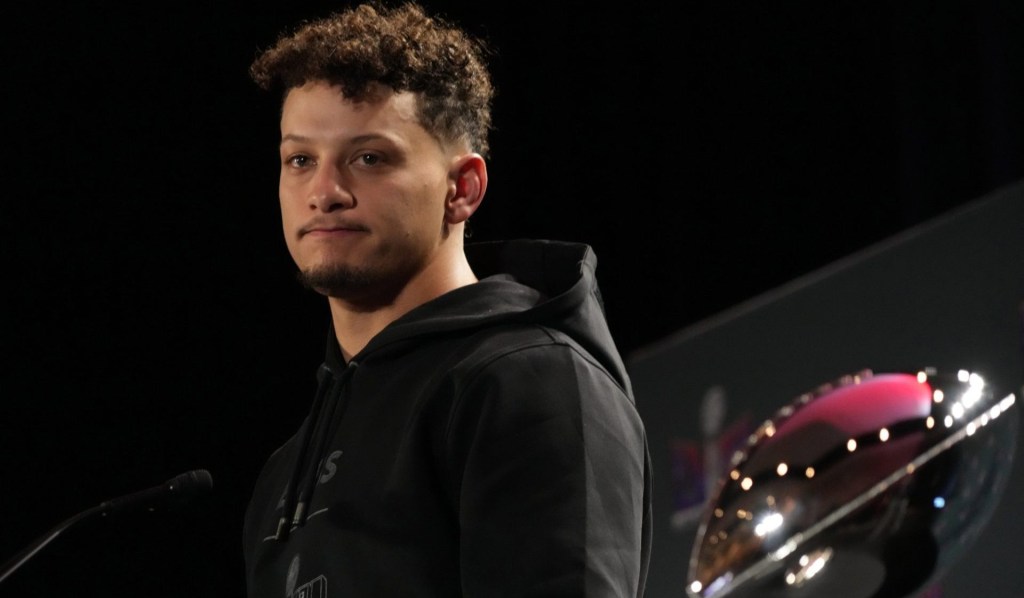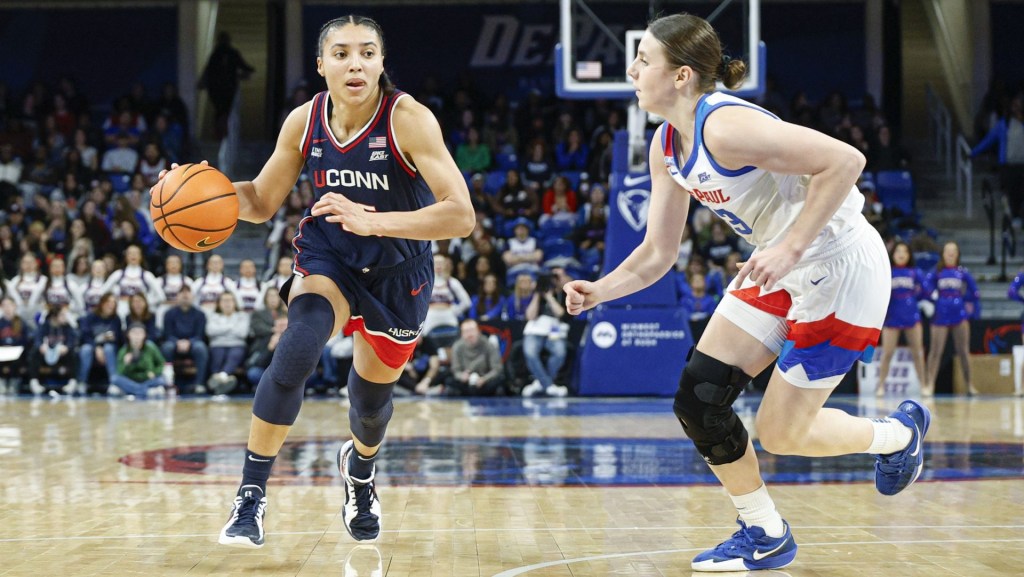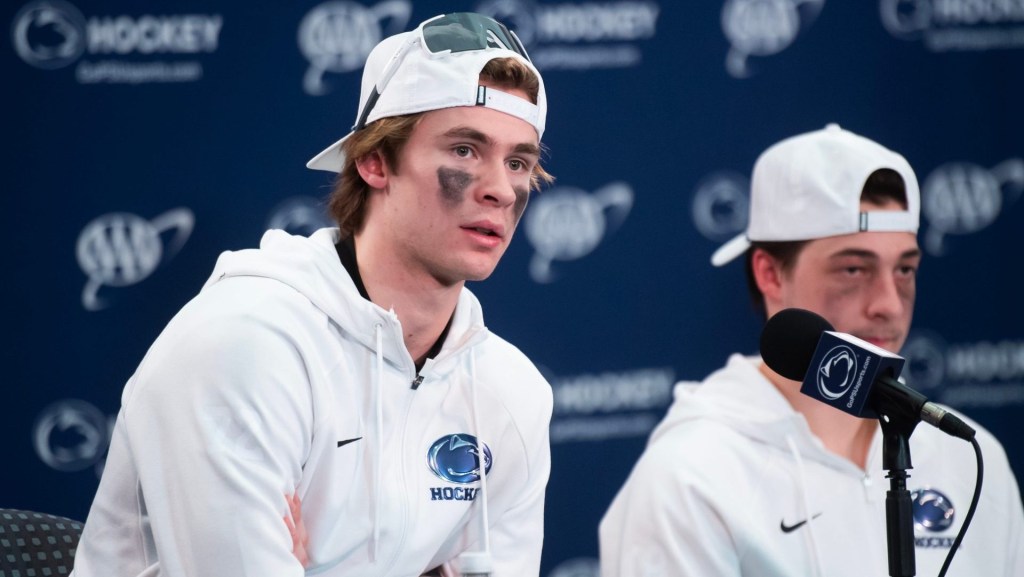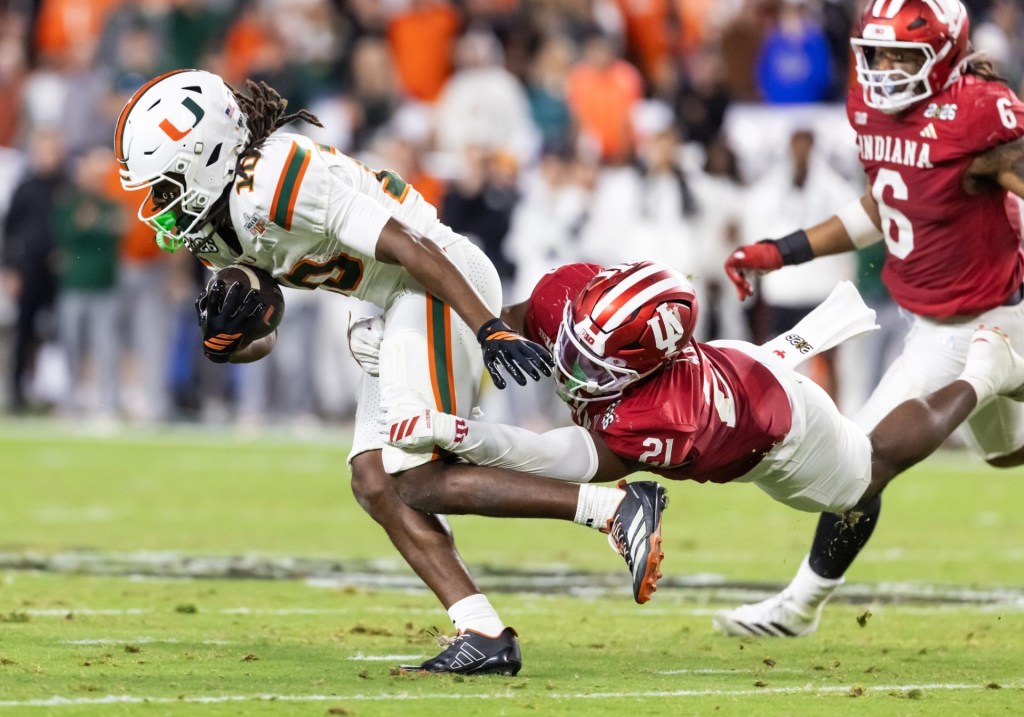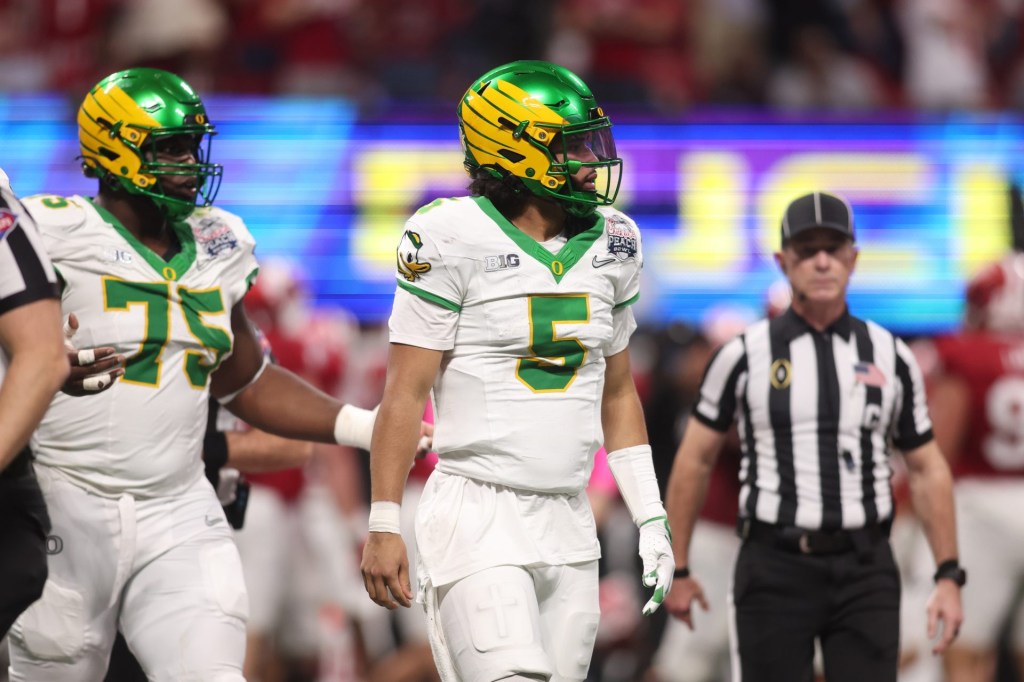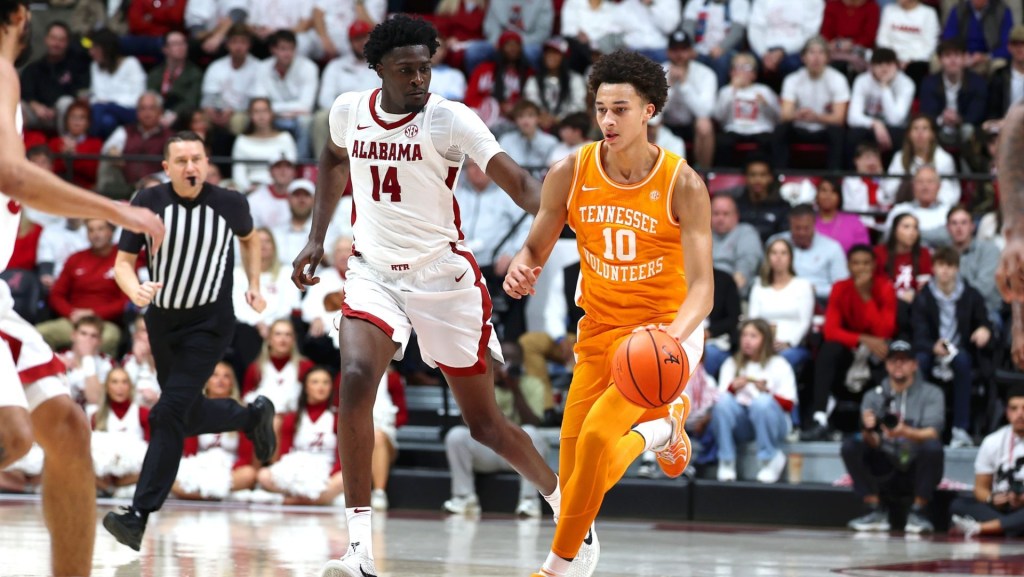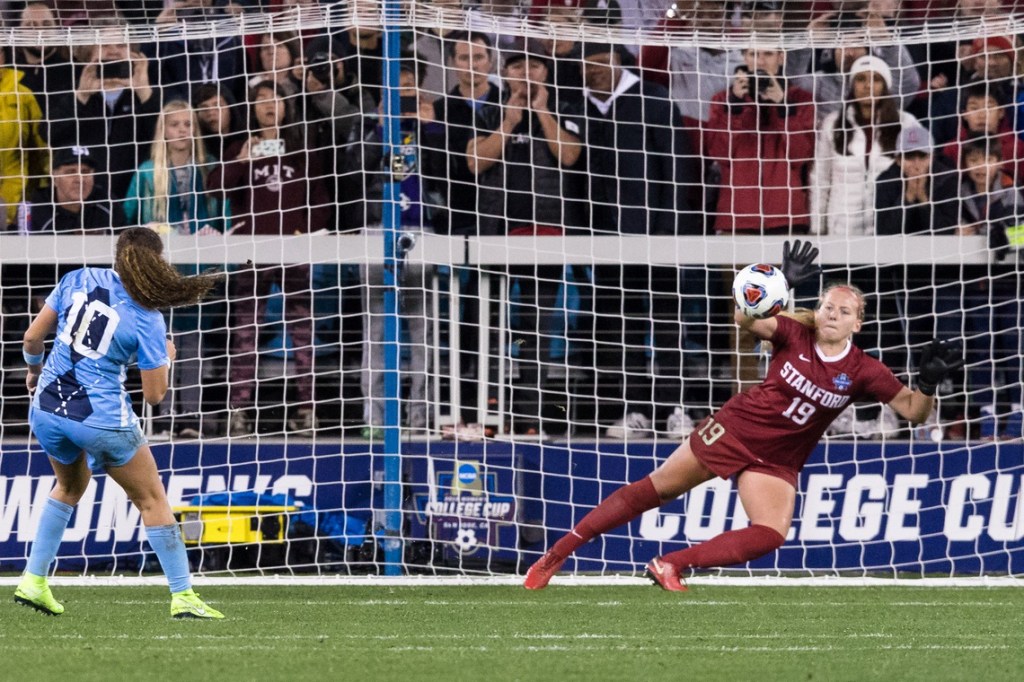Long existing outside of the bluebloods of college football, Washington is now leveling up to the elite of the sport.
The Huskies, of course, are playing in Monday’s College Football Playoff title game against Michigan, and have enjoyed plenty of success over the years, including three conference titles in the last eight seasons and a shared national championship in 1991. Twenty-three of their former players are now on NFL rosters. But the program has historically existed far outside of the limelight enjoyed by traditional powers, including their CFP championship opponent.
All that, however, is changing. Among the other recent signs of rising prominence:
- A forthcoming move to the Big Ten, where Washington will be conference foes with the likes of Michigan, Ohio State, and former Pac-12 rivals UCLA and USC.
- A sellout of Washington’s 20,000-ticket allotment for the CFP championship game in Houston, less than 24 hours after the team’s Jan. 1 seminal win over Texas. The sellout was a marked turnaround from a more protracted sales pace for that Longhorns game, which typified the difficulties for many Washington fans in traveling from Seattle.
- Heightened merchandise sales now involving buyers from all 50 states, signifying the Huskies’ growing national presence.
- Quarterback Michael Penix Jr. having one of the largest profiles for name, image, and likeness rights, with a valuation of $1.3 million.
- Huskies coach Kalen DeBoer winning AP Coach of the Year, marking the first Washington coach to receive the honor.
Significant challenges remain, however, as the Washington athletics department posted a $5.8 million loss for its fiscal 2023, a figure expected to grow to $7.8 million for the current year. That figure, amplified somewhat by severance payments to former Washington football coach Jimmy Lake, helped prompt the school’s departure from the Pac-12. Washington also remains below the Big Ten’s elite in numerous metrics, such as ticket sales and donations, and the school is entering its new conference with a half-share of annual media rights. UW won’t earn full shares until 2030.
